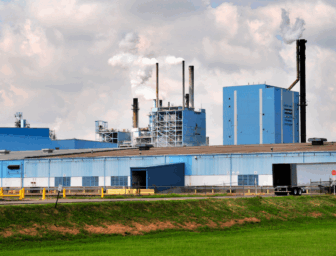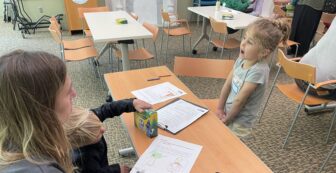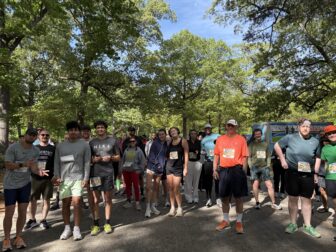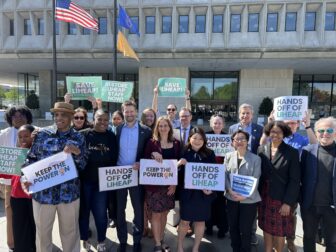142 pinwheels spread out over Brown
For immediate release:
June 7, 2007 10am
Virginians Eagerly Await Wind Energy, Congressional Vote
Richmond, VA—142 pinwheels spread out over Brown’s Island today represented the number of wind turbines that could supply 20 percent of Richmond’s electricity.
The Sierra Club of VA, Virginia Conservation Network and Virginia Interfaith Center for Public Policy joined U.S. PIRG for an event calling on Congress to establish a national Renewable Electricity Standard requiring that utilities generate 20% of their electricity from renewable sources like wind and solar by 2020, an issue that will be debated in the House and Senate next week.
“Right now Virginians eagerly await a new energy future. The good news is that we have both the capacity and the technology to make a cleaner energy future a reality here in Virginia,” said Chris Burns, from U.S. PIRG.
Diana Dascalu-Joffe of Chesapeake Climate Action Network expressed a similar optimistic view,” Virginia’s renewable energy potential is enormous and there has been little movement in the direction of developing clean sources of power in the Commonwealth. Virginia state representatives have been reluctant to pass a state RPS, so it is up to our elected officials on Capital Hill to make the statement that clean energy is the future! Its time for Virginia to be a leader in the development of renewable energy and a national renewable energy standard will help to move this kind of development forward.”
One of the most proven policies to drive renewable energy development, an RES, also known as a “renewable portfolio standard” or RPS, has been enacted in more than 20 states, [including PA, DE, MD and NJ]. These policies require that utilities generate a certain percentage of their electricity from renewable sources. Due to the economic and environmental benefits these policies have delivered, ten states have now strengthened or expanded their standards.
Businesses will benefit enormously from a national RES standard. Commenting on the business potential in clean energy, said Gary Skulnik of Clean Energy Partnership, “Increasing our use of clean energy in the U.S. is not only good for the environment; it’s good for the thousands of small and mid sized businesses in Virginia.”
An analysis by the Union of Concerned Scientists found that a standard of 20 percent by 2020 would create 355,000 jobs, save consumers $49 billion on their electric bills, and direct $16.2 billion to rural communities.
Next week the RES bill will come to a vote and Virginia’s Congressional delegation will have a historic opportunity to make the environment cleaner and create economic growth.
U.S. PIRG specifically called on Representatives Bobby Scott and Rick Boucher, and Senator Jim Webb to cosponsor legislation that would establish a 20% by 2020 Renewable Electricity Standard.
In closing, The United Steel Workers, a highly influential labor union that represents over 9,000 steel workers in Virginia had this to say in about wind power, “There is a lot of work – and a lot of steel – that goes into building the massive windmills that provide the cleaner energy our nation so desperately needs. More than 25 tons of steel is used to make blades, towers and housings for wind turbines. To put that in perspective, an average car contains less than a ½ ton of steel. Imagine what a healthy wind energy industry would mean in Virginia, Ohio, Pennsylvania or any other state starved for good-paying, lasting manufacturing jobs. But renewable energy is about more than sound economic policies. It’s also about sound environmental policies. And it’s about doing the right thing for our children and grandchildren.” Leo W. Gerard, USW International President.
###
U.S. PIRG is a non-profit organization that advocates on issues such as environment and consumer protections.
Contact:
Chris Burns, U.S. PIRG, 202-546-9470 x321
Nathan Lott, Virginia Conservation Network, 804-644-0283
Pat Watkins, Virginia Interfaith Center for Public Policy, 804-643-2474
John Zeugner, Sierra Club, 804-288-5005
Gary Skulnik, Clean Energy Partnership, 301-754-0430 x701
Diana Dascalu-Joffe, Chesapeake Climate Action Network, 703-772-2472
Gary Hubbard, United Steel Workers, 202-778-4384




